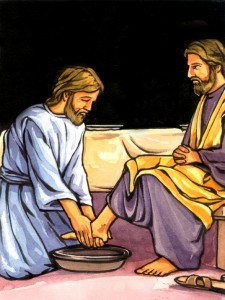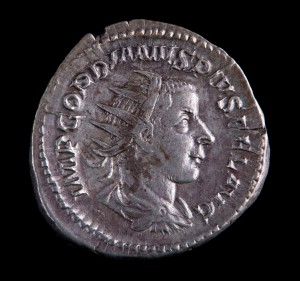John 14:16, Another helper/Comforter.
At the end of his ministry, Yeshua promised his disciples to send them his Holy Spirit or Comforter after he had left earth (John 14:16). He declares that his Holy Spirit would dwell in them (John 14:17), would testify of him (John 15:26), would convict the world of sin (or Torahlessess, John 16:8), would guide them into all truth (i.e., Torah, see Ps 119:142,151), would tell them things to come (John 16:13), and would glorify the Son and speak to them on behalf of the Son (John 16:14).
How, therefore, does the Spirit of Elohim interact with man? Man is a three-part being: body, soul and spirit (1 Thess 5:23). The body is the physical part of man, the soul is the personality or beingness of man (his mind, will and emotions), and his spirit is the part of man that points him God-ward, and that, once spiritually regenerated and enlightened by the Spirit of Elohim, connects us to Elohim. Man must come to the Father by way of his spirit (John 4:23–24). The Father reveals his spiritual mysteries to man by his Holy Spirit to the spiritually regenerated spirit in man (2 Cor 2:6–16).
There are numerous scriptures that attest to the fact that at the time of our spiritual rebirth (a.k.a. conversion, regeneration, redemption or salvation), YHVH activates our spirit with his Spirit, thus allowing us to enter into a spiritual relationship or communion with him. This is important to know, since man can’t properly obey Elohim out of his soul (the mind, the will and the emotions) alone without the leading of his spirit. Taken to the next step, man Continue reading






